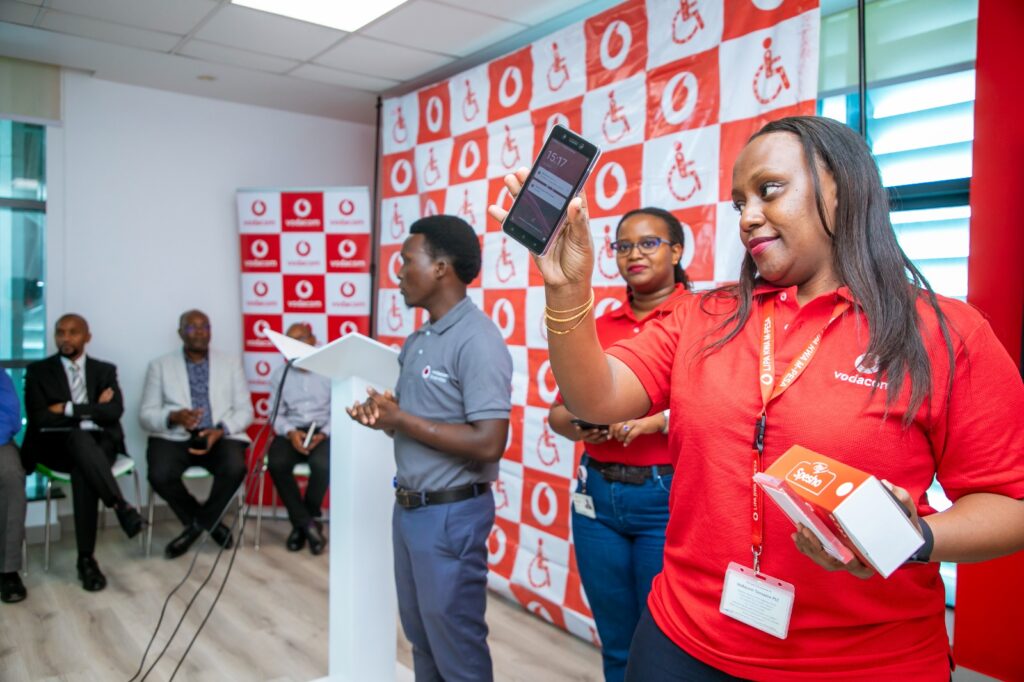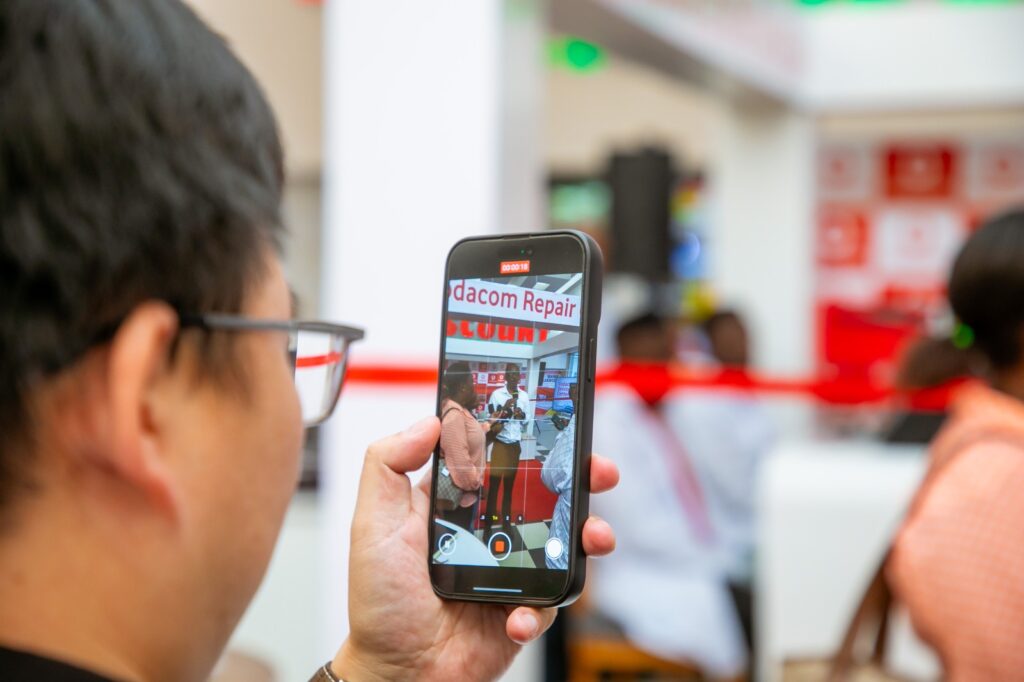In the vibrant landscape of Tanzania, a quiet yet profound revolution is underway, fitting perfectly as Vodacom Tanzania celebrates 25 years of connecting Tanzanians. It’s a revolution driven by the small device in your pocket, the smartphone.

More than just a communication tool, smartphones have become gateways to learning, entertainment, financial empowerment, and active participation in the nation’s burgeoning digital economy.
Recent data from the Tanzania Communications Regulatory Authority (TCRA) paints a compelling picture of this transformation, with Vodacom leading the charge in making this digital future a reality for millions.
The latest TCRA report for the quarter ending June 2025 reveals that Tanzania now boasts an impressive 25 million smartphones in circulation. This surge is a testament to how deeply digital technology has integrated into daily life.
Complementing this, the country’s overall mobile lines have reached 92.7 million, with 54.1 million active internet users. This widespread adoption is underpinned by robust infrastructure, with 79% of the population now having access to high-speed internet, including extensive 3G (93%) and 4G (92%) coverage, and a rapidly expanding 5G footprint reaching 37%.
Vodacom Tanzania has been instrumental in democratizing access to these powerful devices. Through various initiatives, including device financing programs, the company is breaking down barriers, ensuring that more Tanzanians can afford and own a smartphone.
Brigita Shirima, Vodacom’s Consumer Business Unit Director emphasized, “Our focus is on making digital tools accessible to everyone. We understand that owning a smartphone is the first step towards unlocking a world of opportunities. By offering flexible payment options and affordable devices, we are empowering individuals and families to connect, learn, and thrive in the digital age.” This commitment extends beyond mere ownership, giving users compelling reasons to stay digitally connected.
The impact of this smartphone revolution stretches across every facet of life. For students, it means access to online learning platforms and educational resources. For entertainment enthusiasts, it’s seamless streaming of music and videos. Crucially, for financial solutions, mobile money services, spearheaded by Vodacom’s M-Pesa, continue to transform lives.

Vodacom’s Preliminary Financial Results for the year ending March 2025 underscore this impact: M-Pesa revenue surged by 29.3% to TZS 590.0 billion, now contributing 38.9% of the company’s total service revenue. Mobile data revenue also saw a robust 21.6% growth, further solidifying the integral role of smartphones in Tanzania’s digital economy.
“Our 25-year journey in Tanzania has been about more than just providing connectivity; it’s about fostering a digital ecosystem that empowers everyone,” states Philip Besiimire, Managing Director of Vodacom Tanzania Plc. “The widespread adoption of smartphones, fueled by our continuous investment in network infrastructure and innovative services, is a testament to Tanzania’s readiness for a digital future. We are proud to be at the forefront of this transformation, enabling learning, driving financial inclusion, supporting entrepreneurship, and enriching lives through the power of mobile technology.”
These figures from the TCRA report and Vodacom’s financial results are not merely statistics; they represent millions of lives touched, businesses thriving, and a future being built on the foundation of robust, accessible digital connectivity. This ongoing smartphone revolution, championed by Vodacom, promises an even more vibrant and inclusive digital future for all Tanzanians.
As Vodacom Tanzania looks ahead, 25 years running, its commitment remains steadfast: to continue leading the smartphone revolution, ensuring that every Tanzanian, no matter where they are, can harness the full potential of digital connectivity for a brighter, more connected future.
This vision aligns seamlessly with the Tanzania Development Vision 2050, which explicitly identifies digital transformation as a key driver for national prosperity. The Vision sets ambitious targets, including achieving 90% internet penetration, increasing the ICT sector’s contribution to GDP to 15%, ensuring 70% of citizens are digitally skilled, and having over 80% of government services delivered online by 2050.


